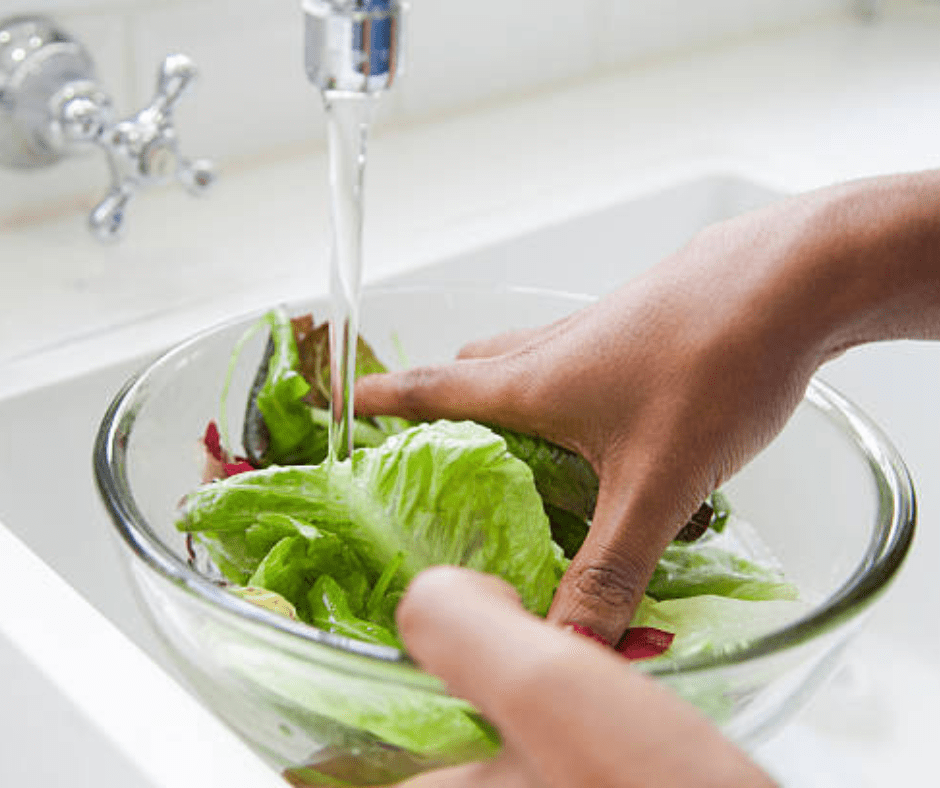
As the clouds gather on the horizon, we eagerly anticipate the arrival of the rainy season. It also that crucial season when vigilance in food hygiene becomes paramount. With the potential for water-borne diseases like diarrhea and cholera to surge, it’s crucial to arm ourselves with knowledge to stay healthy and enjoy the season to its fullest.
Understanding the Risks
Rainwater, though refreshing, can carry a host of contaminants, including bacteria, viruses, and parasites. When it comes into contact with food or drinking water, these contaminants can lead to illnesses such as diarrhea, cholera, and typhoid fever. Additionally, the increased humidity provides an ideal breeding ground for bacteria, accelerating food spoilage.
Adhering to stringent food hygiene practices ensures that the nutritional integrity of our meals remains intact, free from water-borne pathogens that can compromise our health. By adopting simple yet effective practices such good personal hygiene, thoroughly washing and cooking of food, storing food properly and purifying drinking water we can navigate through this season disease free.
HERE ARE SOME WAYS TO EFFECTIVELY NAVIGATE THE RAINY SEASON DISEASE-FREE
● Frequent Hand Washing
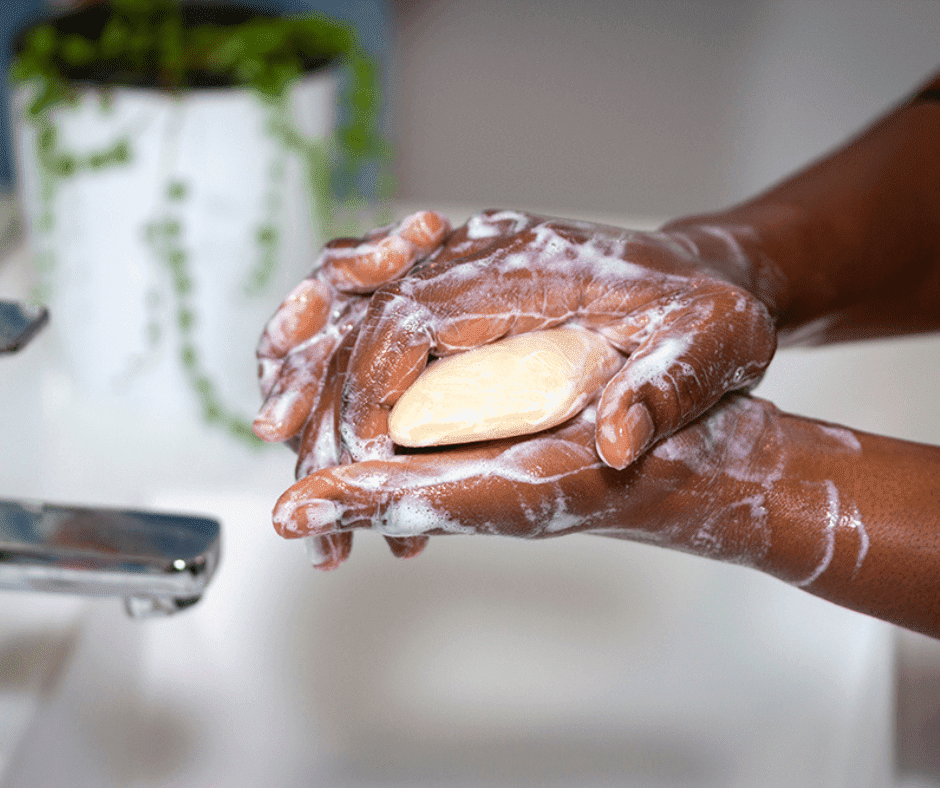
Proper hand hygiene is the first line of defense against water-borne diseases. Thoroughly washing hands with soap and water before handling food, after using the restroom, and after coming into contact with potentially contaminated surfaces is very important.
● Thorough washing of fruits and vegetables
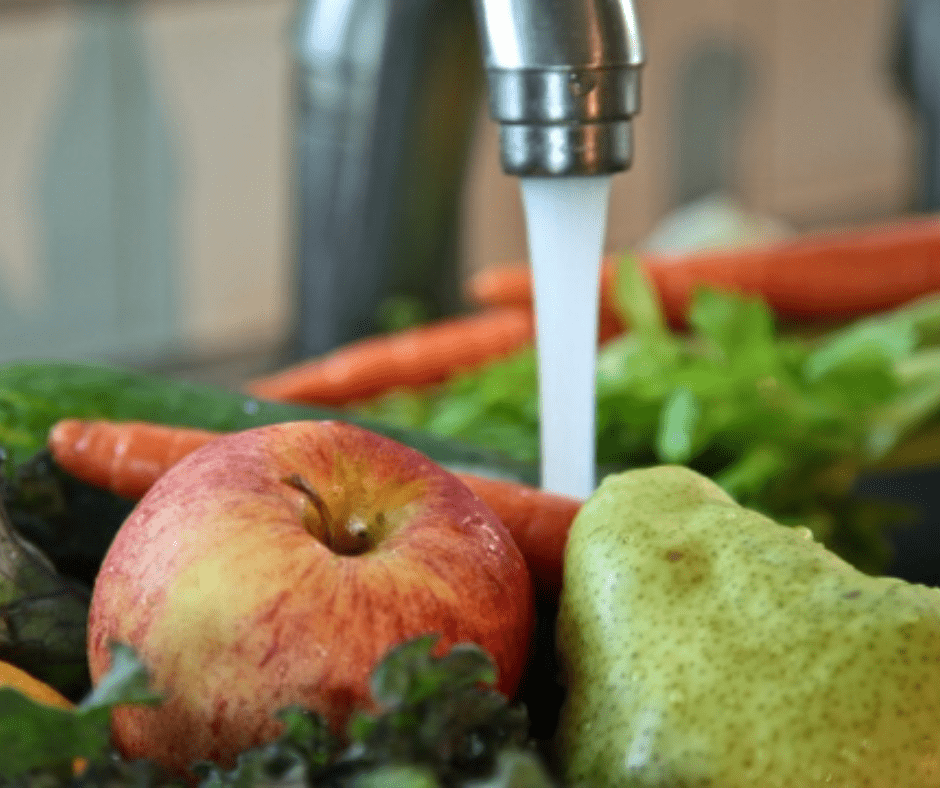
Wash vegetables and fruits well under running water, and if possible, use a vegetable brush to remove any dirt or residue and soak in salt water before use. Peeling fruits and vegetables can also reduce the risk of contamination.
● Thorough cooking

Cook food to the recommended temperature especially meat, poultry, and seafood. All cooked foods are to be eaten hot at the right temperature to kill any harmful bacteria. Avoid consuming raw or undercooked food during the rainy season.
● Proper Storage of food
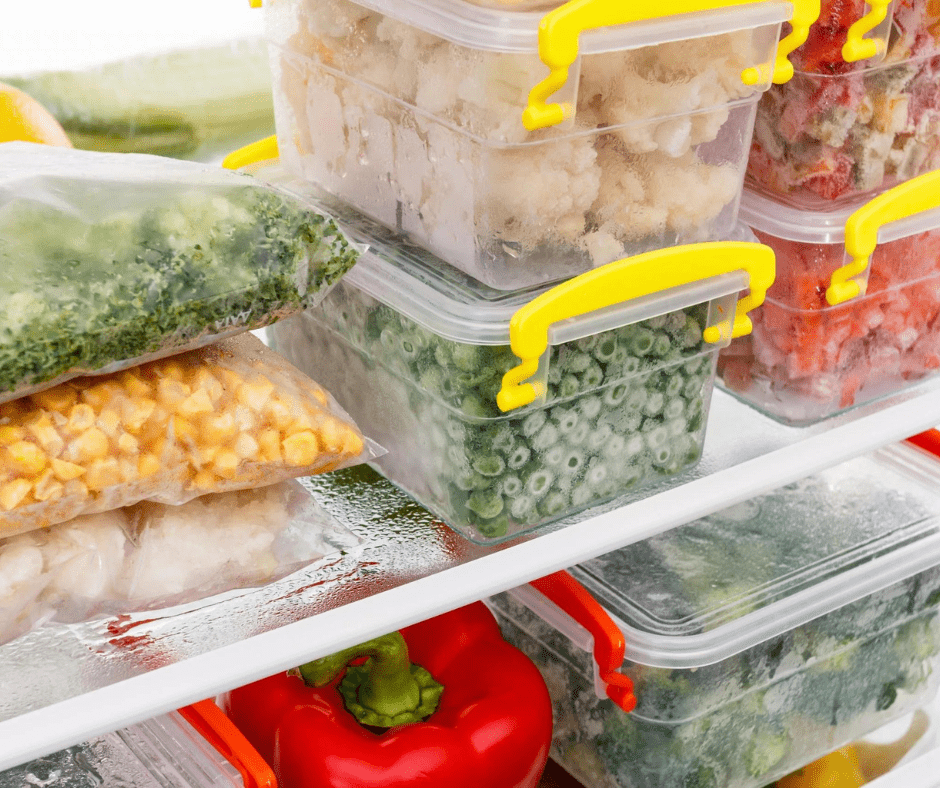
Proper food handling and storage techniques do not only safeguard against contamination but also preserve the nutritional content of our meals. Storing perishable foods appropriately prevent bacterial growth and spoilage. Keep raw and cooked food separate to avoid cross-contamination, and use sealed containers to protect food from pests and moisture.
● Purifying Drinking Water
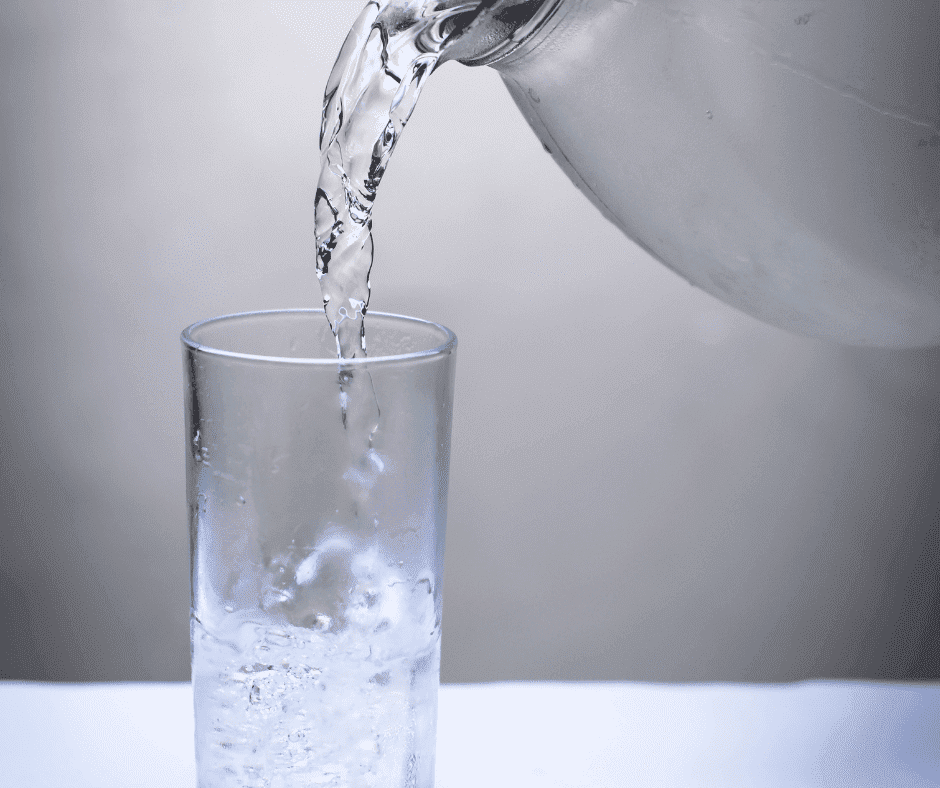
Boil water for at least one minute to kill any pathogens present. Alternatively, use water purification tablets or filtration systems to ensure the water is safe for consumption. Avoid drinking untreated water from open sources such as rivers or puddles.
Symptoms to report to hospital
Vigilance in recognizing the symptoms of water-borne illnesses during the rainy season is paramount for timely intervention and prevention of complications. Prompt reporting and seeking medical attention for persistent or severe symptoms can make a significant difference in mitigating the impact of these diseases on individual health and community well-being.
Be vigilant for the following symptoms of water-borne illnesses;
➢ Diarrhea,
➢ Vomiting,
➢ Abdominal pain ➢ Dehydration
➢ Fever,
➢ Nausea
➢ Headache
➢ Weakness
➢ Muscle cramps ➢ Fatigue
➢ Bloody stool
Rehydration solutions can help replenish lost fluids and electrolytes in cases of diarrhea before going to the hospital.
The rainy season brings much-needed relief, it also poses challenges to food hygiene and health, with practices such as handwashing, proper food storage, and water purification, we can safeguard ourselves and our communities against water-borne diseases.
Let’s embrace the rain with caution and responsibility, ensuring a safe and enjoyable season for everyone.
References
Centers for Disease Control and Prevention (CDC). (2021). Clean Hands Save Lives! Retrieved from https://www.cdc.gov/handwashing/index.htm
Food and Agriculture Organization of the United Nations (FAO). (2018). Five Keys to Safer Food Manual. Retrieved from http://www.fao.org/3/i9942e/i9942e00.htm
Gurtler, J. B., et al. (2013). Microbial ecology of refrigerated fresh produce. Food Microbiology, 33(2), 170-177.
World Health Organization (WHO). (2021). Vector-borne diseases. Retrieved from
https://www.who.int/news-room/fact-sheets/detail/vector-borne-diseases
Explore our website for more valuable insights, practical tips, and delicious recipes to support your journey toward a healthier and happier you!

Join Weight Goals with Aba’s WhatsApp community and gain exclusive access to our hub of articles and recipes. Be part of a supportive community, receive valuable insights, and stay up-to-date with the latest in nutrition, fitness, lifestyle, and medicine. Elevate your weight goals journey by joining us today.

Talk to Aba